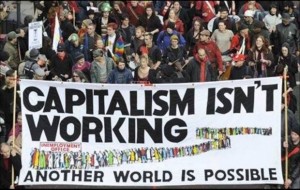The Eurasian Century Has Already Begun
India, China and ASEAN are the greatest market opportunities, with the greatest potential for growth in nominal terms if the dollar declines.
China, India and ASEAN also account for about 45% of the global population versus less than 5% for the US. All Eurasia accounts for more than 60%. No matter who wins the election in November, the US is not returning as the engine of global economic growth. Instead, it is adopting the mercantilist import-substitution policies that built the “miracle” economies of East Asia. Recent studies from sources such as the Pew Research Center and the University of Washington have ranked the US from 24th to 38th in the world in terms of health care and education, math, and science. This is a deep hole to climb out of. As the US turns to the task of putting its own house in order, the Eurasian Century has already begun.















